The Best Movies of 2024
The year is ending, and maybe the world is too. But we still have the movies.
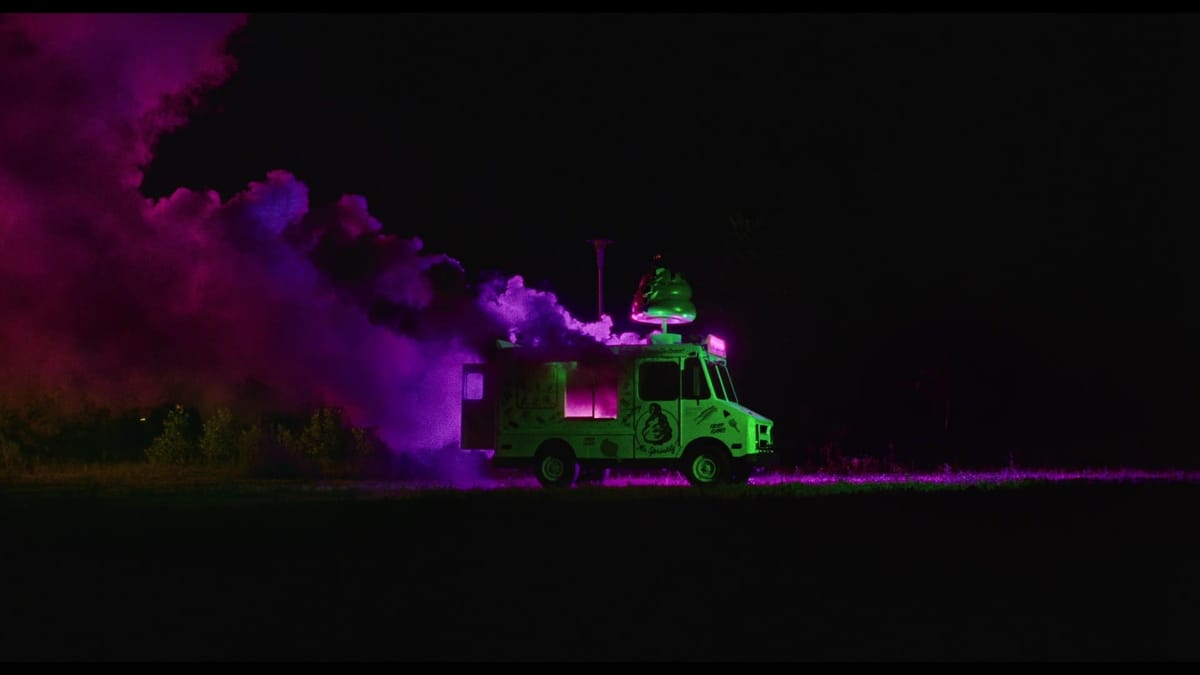
Every year-end list arrives with the expectation of some sort of summation, a way of making sense of the trends and concerns of the current cultural moment. I don’t know if I have one for 2024, the year that abandoned political and social guardrails to remind us that we cannot, in fact, count on common decency or even the basic concept of empathy; we are on our own in a vast and uncaring universe, and the fights that mean the most to us are the ones we’re most likely to lose.
Saw some good movies, though. These are the ones I liked the most.
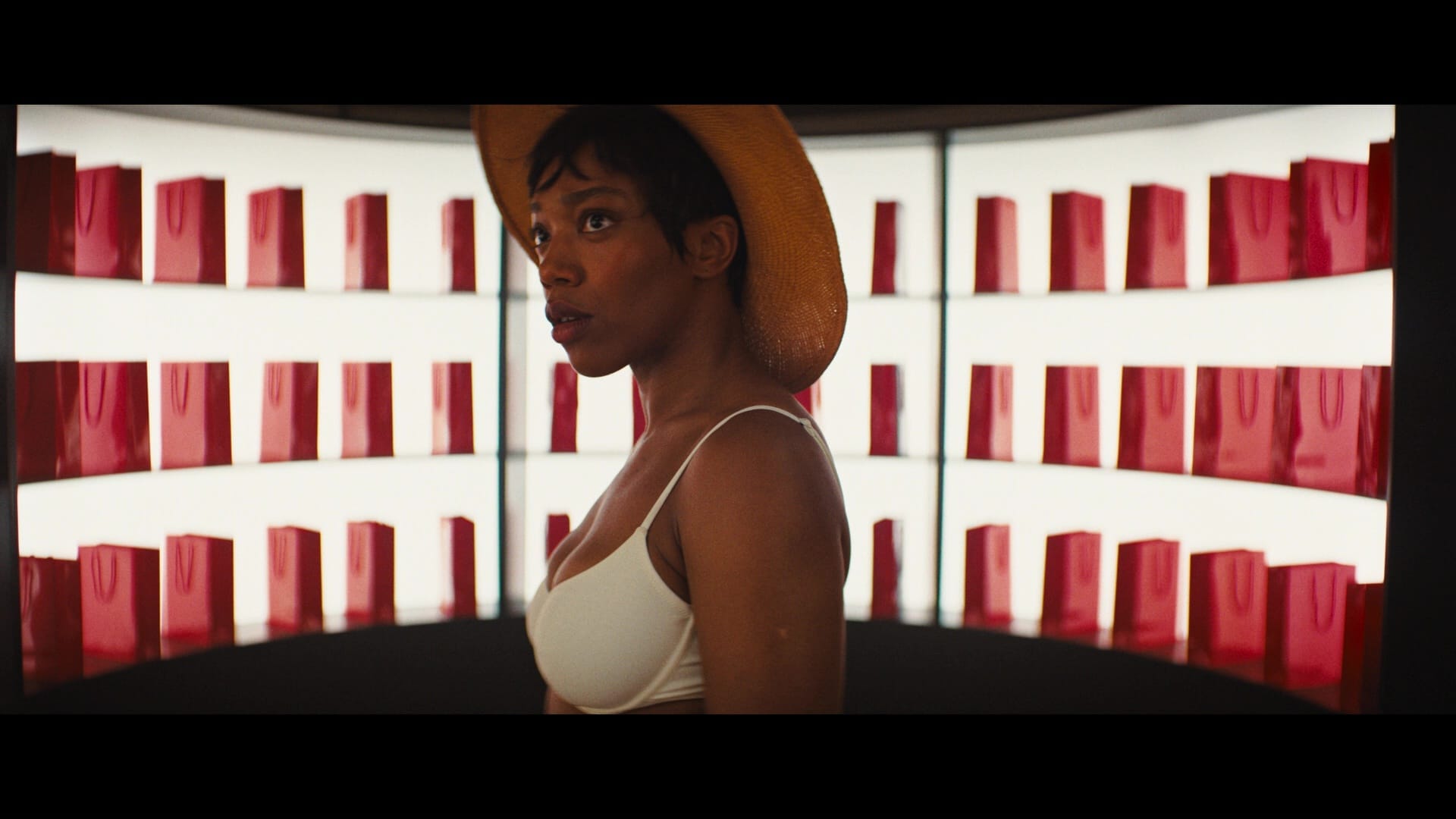
Blink Twice (Zoë Kravitz)
Zoë Kravitz’ tremendously assured first feature is the one movie I’ve seen that understands what Jordan Peele was doing in Get Out and builds on it, bringing Peele’s allegory of racial tension into the arena of gender politics while never once feeling like a polemic. Channing Tatum wears a distressingly convincing Channing Tatum mask as a disgraced billionaire who charms cater-waiters Frida (Naomi Ackie) and Jess (Alia Shawkat) into joining him on his island for a little getaway with his pals and their very attractive dates, and then things go very wrong … at which point Kravitz and co-writer E.T Feigenbaum turn Blink Twice into a movie about powerlessness and fortitude – about knowing you’re trapped in a roomful of malevolent gaslighters, and having to fight your way out with nothing but your wits and whatever heavy objects might be within reach. It’s so good.
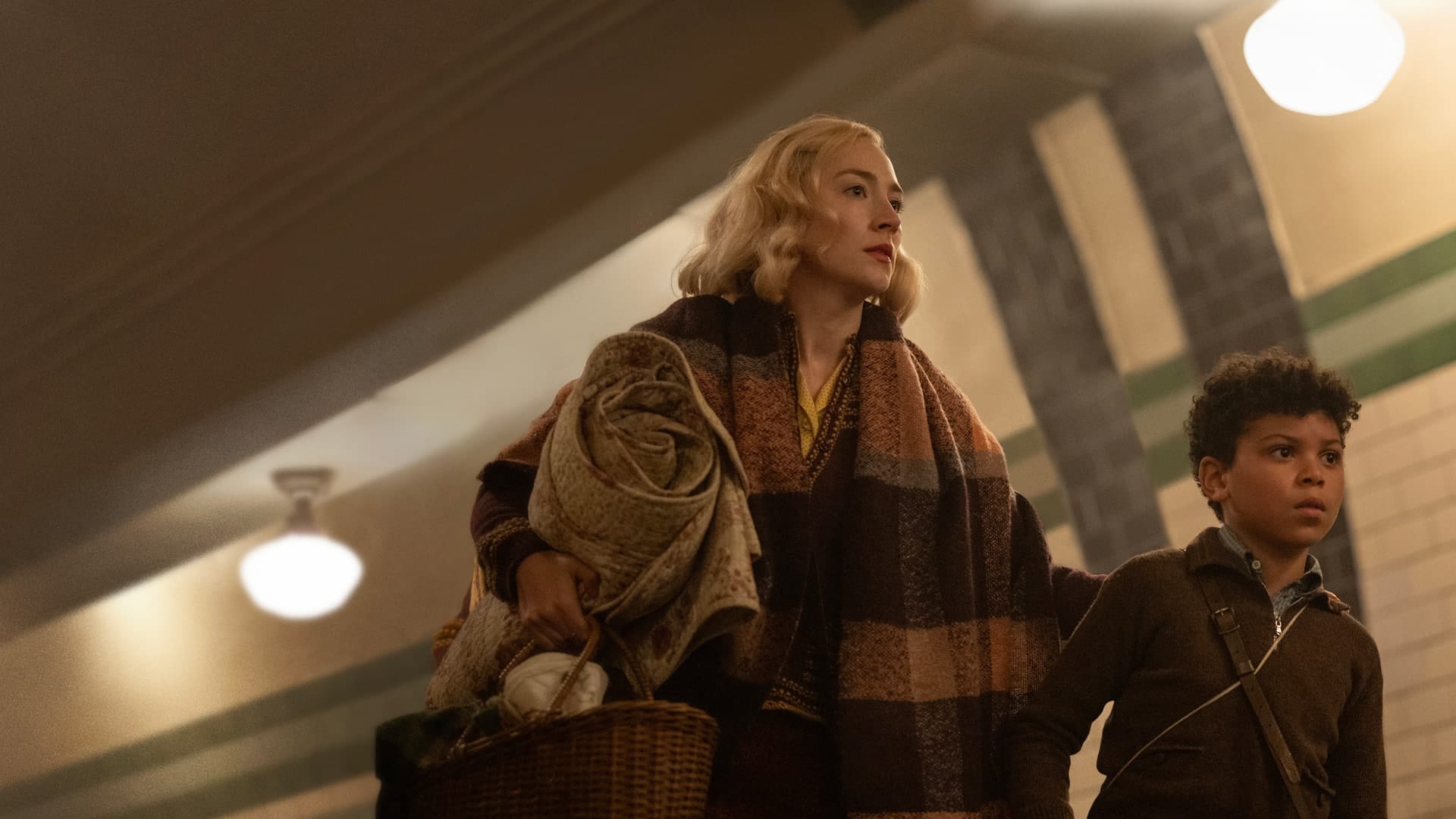
Blitz (Steve McQueen)
On the surface, Blitz is a straightforward war drama about a mother (Saoirse Ronan) and her nine-year-old son (Elliott Heffernan) trying to find their way back to one another in London, 1940, as German bombs pummel the city by night, and English citizens clear the rubble and count the dead by day. But from the very first scenes, it’s clear that McQueen is using that premise to build a much more complex study of the English character – or at least how the English see themselves – through his own very specific lens. Ronan and Heffernan give empathetic, immediate performances as our guides through the action, but Hans Zimmer’s atonal string-based score is equally important to the experience. It vibrates with dread and worry even when nothing at all is happening, letting us feel the tension underneath all the keeping calm and carrying on: Even when you’re dancing, you’re listening for the sirens.
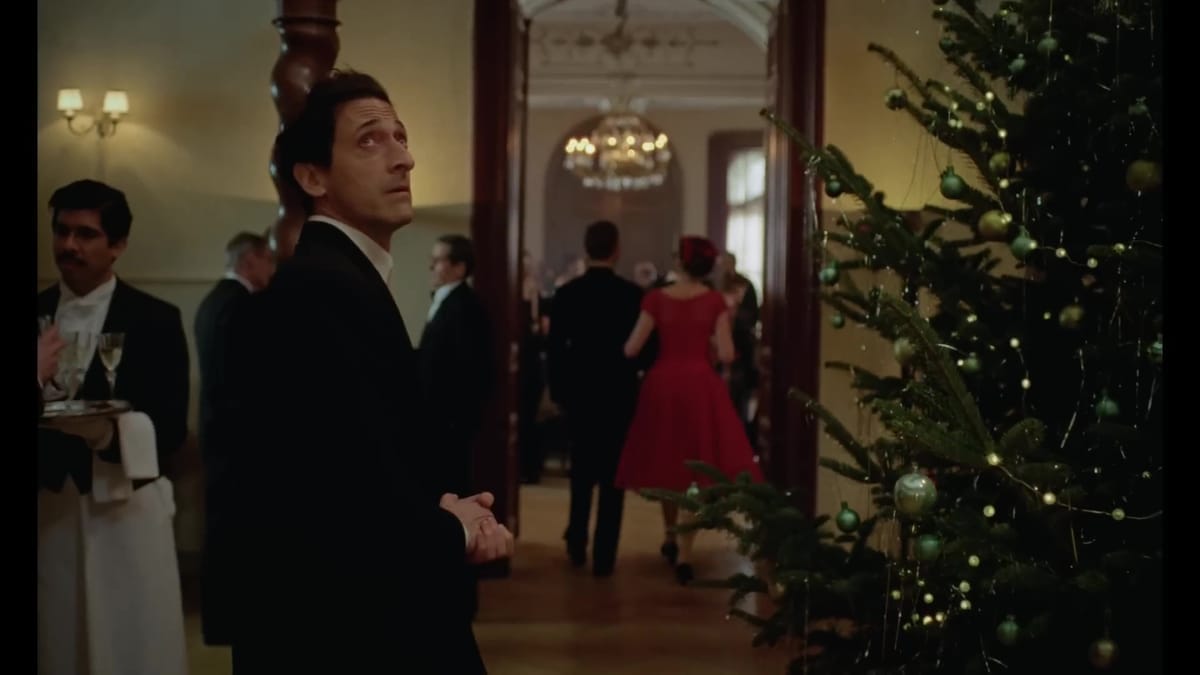
The Brutalist (Brady Corbet)
If you were wondering: Yes, Brady Corbet’s epic allegorical look at the empty promise of the American Dream runs over three and a half hours, with intermission. Yes, you need to see it in a theater – especially if you can catch the 70mm version. (In Toronto, it's playing at TIFF Lightbox, though only in the Cinema 1 screenings.) And yes, it’s one of the very best films of the year – just as long as The Godfather, Part II, and maybe as important. Massive in scale and crushingly intimate in its storytelling, Corbet’s post-war drama casts Adrien Brody as Laszlo Toth, a Hungarian architect – and, not incidentally, a Holocaust survivor – who arrives in America to start over, only to find the new world just as ambivalent towards his genius as the old one. Shot in VistaVision and absolutely gorgeous to behold … and if it’s a little chilly in there, that is also very much part of its design. Stone isn’t meant to warm you.

Evil Does Not Exist (Ryusuke Hamaguchi)
Ryusuke Hamaguchi’s long-awaited follow-up to Drive My Car is set in a Japanese mountain village threatened with change by developers who want to turn part of its picturesque forest into an attraction for influencers … thus threatening the delicate ecosystem with an influx of people who won’t respect it. We view this challenge from two sides: First, from the perspective of the widowed Takumi (Hitoshi Omika) and his young daughter Hana (Ryo Nishikawa), who live in harmony with the mountain, and then by accompanying two of the ostensible villains (Ryuji Kosaka and Ayaka Shibutani), who’ve been sent to charm the locals and decide they need Takumi on their side. Like all of Hamaguchi’s cinema, it’s about waiting for people to reveal themselves, and taking stock of what we see. I’m still not sure whether the title is meant to be reassuring or despairing. Maybe it’s both.
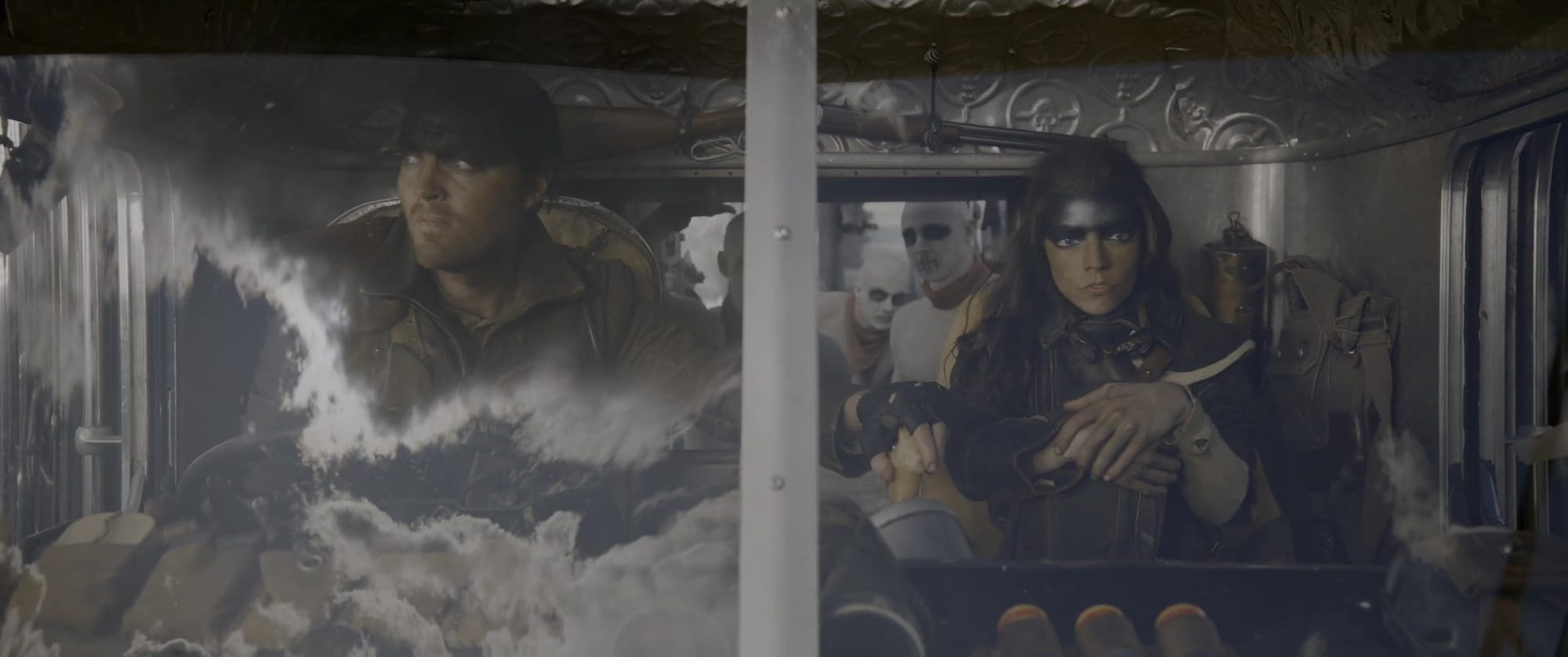
Furiosa: A Mad Max Saga (George Miller)
Nearly a decade after Fury Road, George Miller returns to the wasteland for a proper epic, covering a decade and a half in the life of the eponymous warrior originated by Charlize Theron in the earlier picture. Furiosa is a different animal, a more thoughtful, at times almost contemplative take on what it would be like to live in the Mad Max world, expanding on the ideas that have always been floating around inside the series. And when it’s time for people to stop talking and start driving, Miller reminds us once again that he’s the best to ever do it.
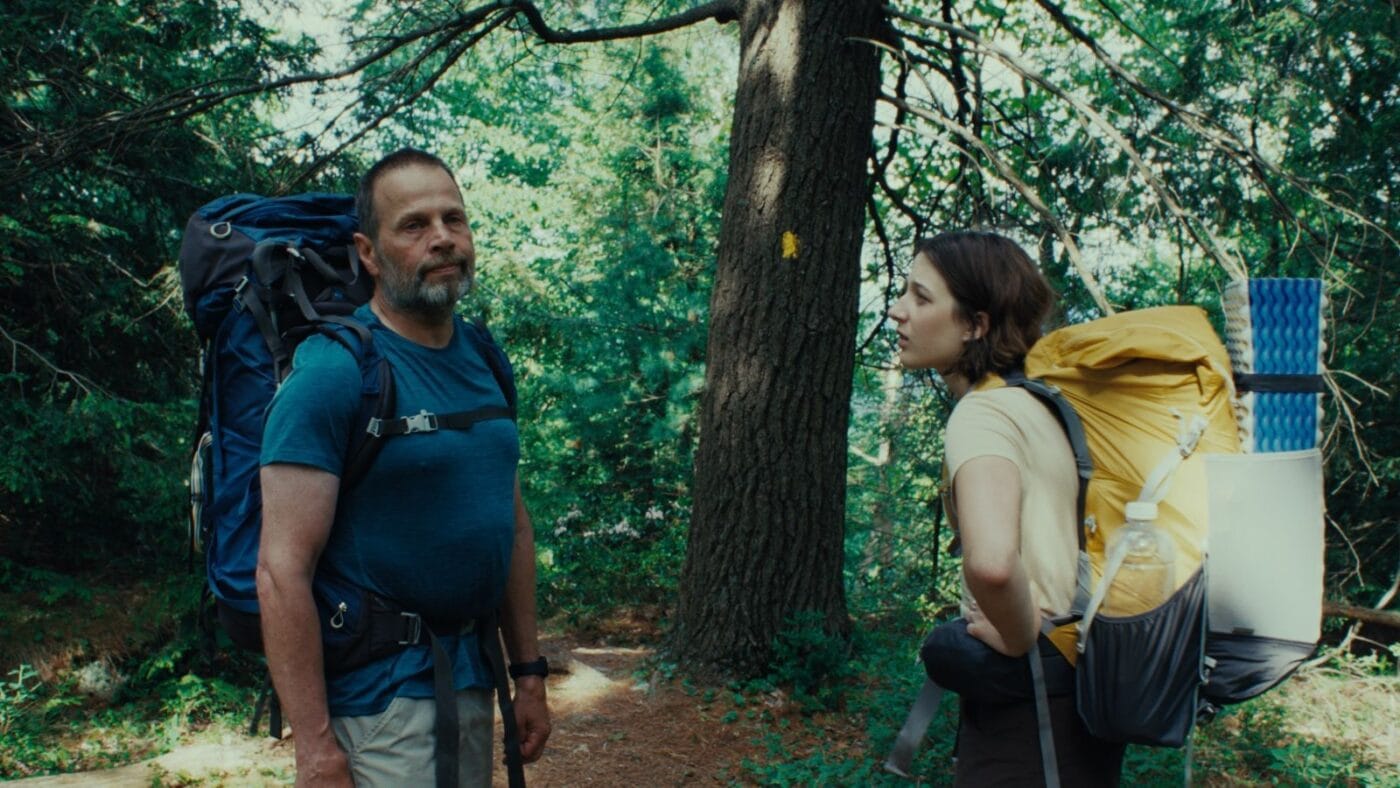
Good One (India Donaldson)
Teenage Sam (Lily Collias) accompanies her dad (James LeGros) and his best friend (Danny McCarthy) on a camping weekend in the Catskills; by the time they get home, Sam will see the world, and her father, very differently. A coming-of-age drama with three terrific performances and insights so subtle and piercing that you almost don’t realize you’re taking them in, Good One announces Donaldson as a filmmaker who might be able to hang out in the same spheres as Kelly Reichardt and Debra Granik, and maybe Joanna Hogg too. She sees people, and she makes us see them too.
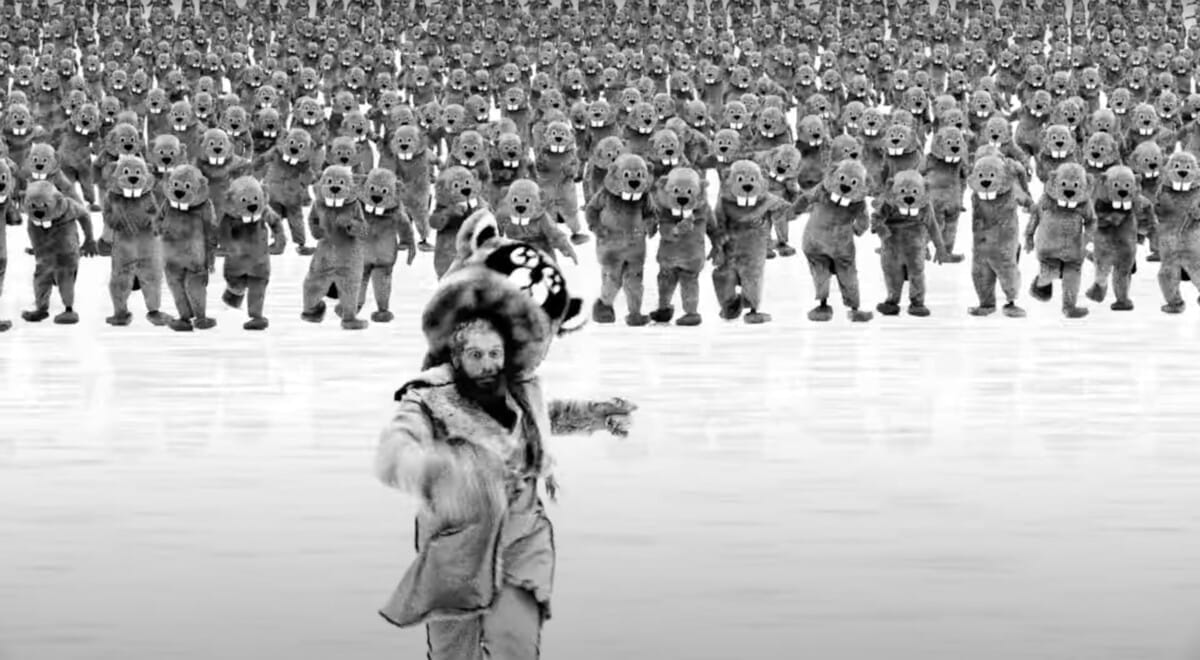
Hundreds of Beavers (Mike Cheslik)
In an age of increasingly suspect digital noise, director Mike Cheslik and actor Ryland Brickson Cole Tews’ ingeniously hand-crafted riff on olde-timey storytelling is cause for celebration: A knowingly preposterous, mostly silent comedy about an applejack manufacturer who swears revenge on the beavers who destroyed his livelihood, triggering an all-out war that escalates into the stratosphere. It’s the kind of movie that makes you believe in creativity all over again, reminding us how even the most ridiculous premise can work in the hands of people who absolutely understand what they’re doing. I will review the Blu-ray as soon as I can get my hands on it.
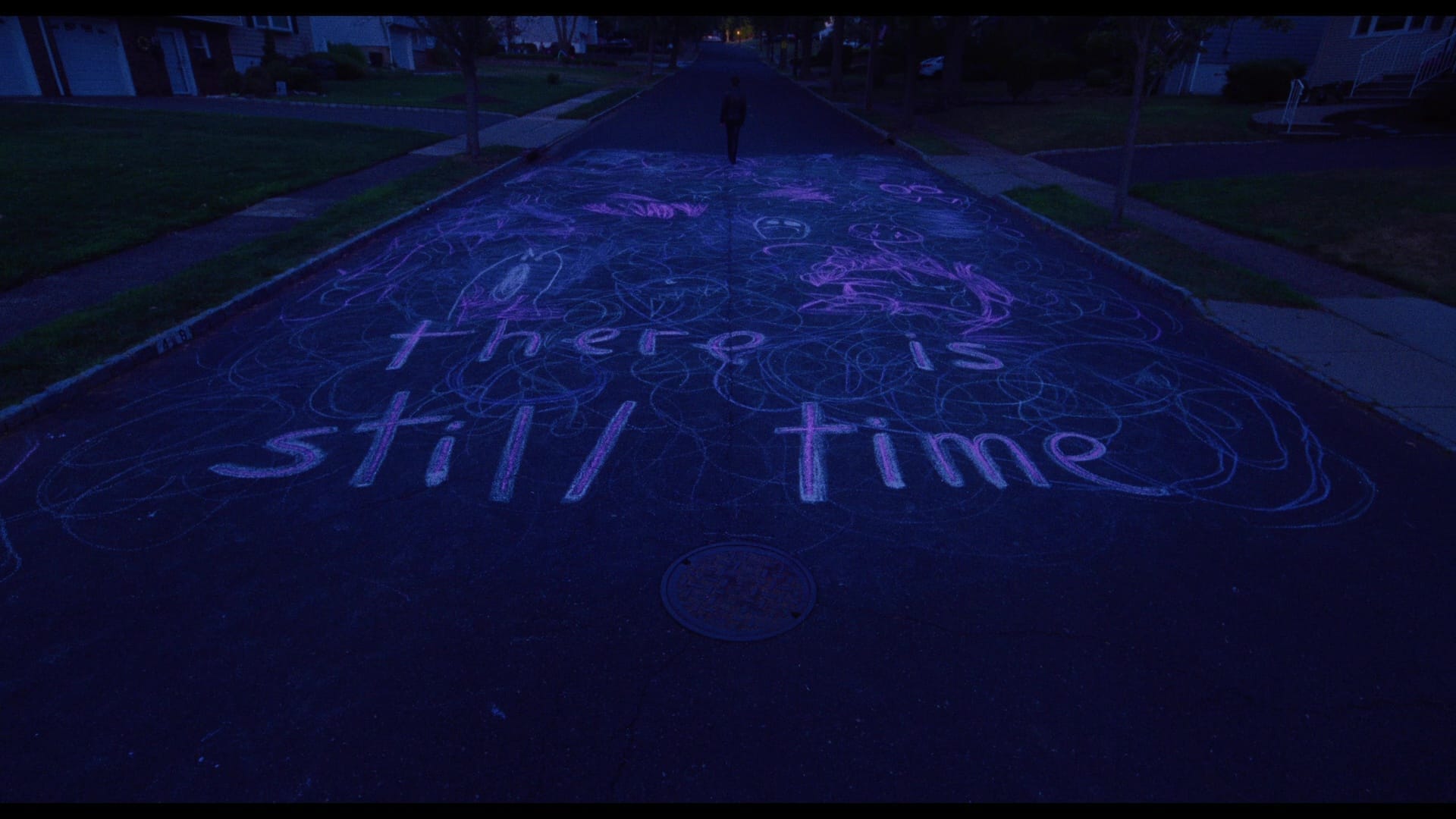
I Saw the TV Glow (Jane Schoenbrun)
Jane Schoenbrun’s follow-up to We’re All Going to the World’s Fair is made up of a lot of the same parts: Mismatched characters connected by a piece of culture, the dread that comes with realizing the world isn't what it's supposed to be, and the concept of identity as unknowable, fragile and confining. What Schoenbrun adds here is an unsettling cultural specificity, creating a credibly cheesy YA show over which the film’s young protagonists can bond and using it to power an allegory for the trans experience that will surely prove as inspiring and comforting to the generation about to discover it.
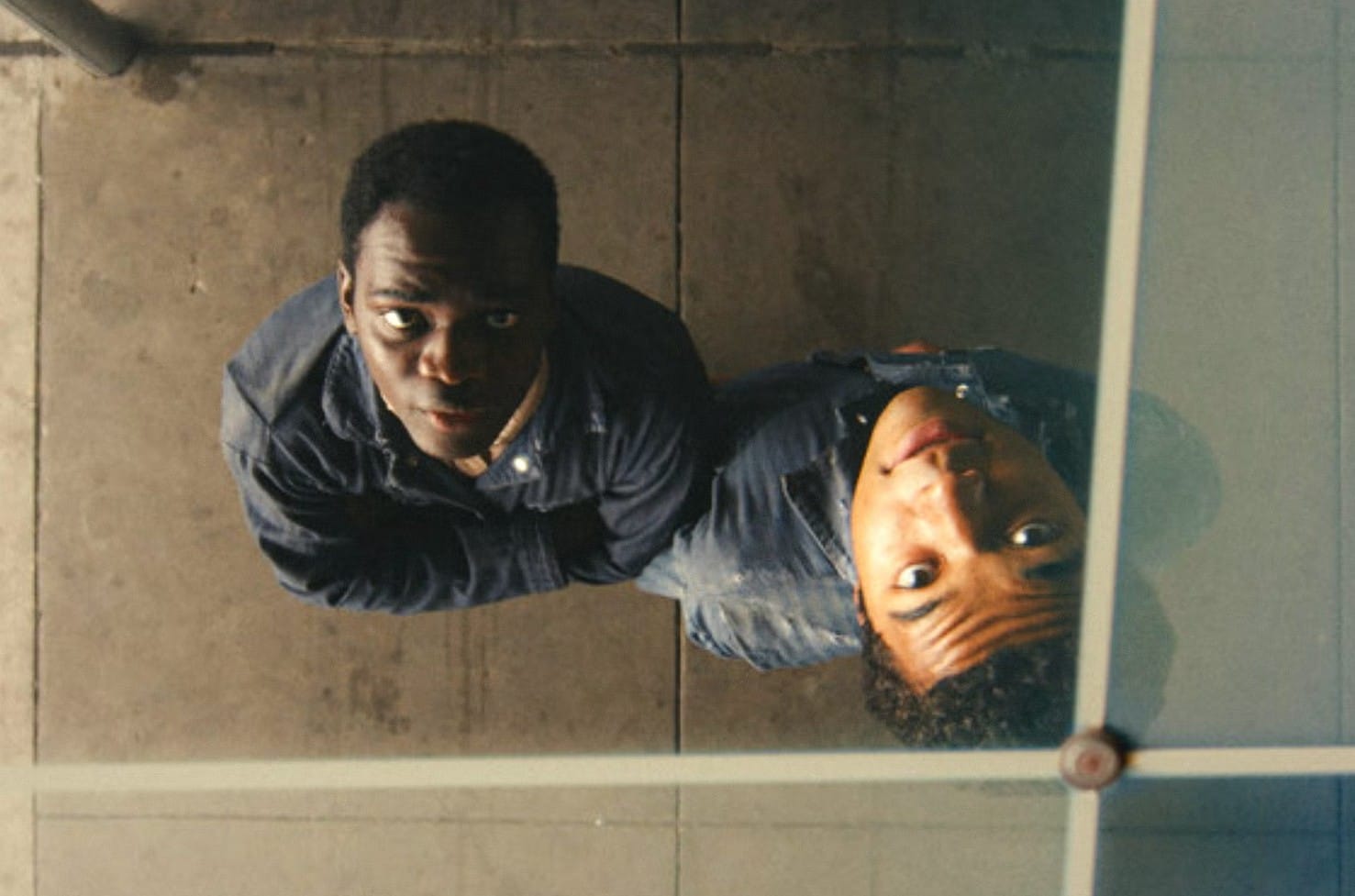
Nickel Boys (RaMell Ross)
With his documentary Hale County This Morning, This Evening, RaMell Ross announced himself as a major talent; with his first feature, that talent burns even brighter. Nickel Boys is an adaptation of Colson Whitehead’s novel about two Black teens who become one another’s support system in a brutal Florida reform school, shot in an alternating first-person perspective that lets us literally see this world through the protagonists’ eyes while also centering the moments in which they begin to see and understand one another. It’s a brilliant way to reinvigorate a familiar narrative, and to put an immediate and personal stamp on the work. I’d almost call this environmental cinema, but that discounts the performances of Ethan Herisse and Brandon Wilson, and how clearly they shape what we’re experiencing; even when we can’t see Elwood and Turner, they’re fully present.
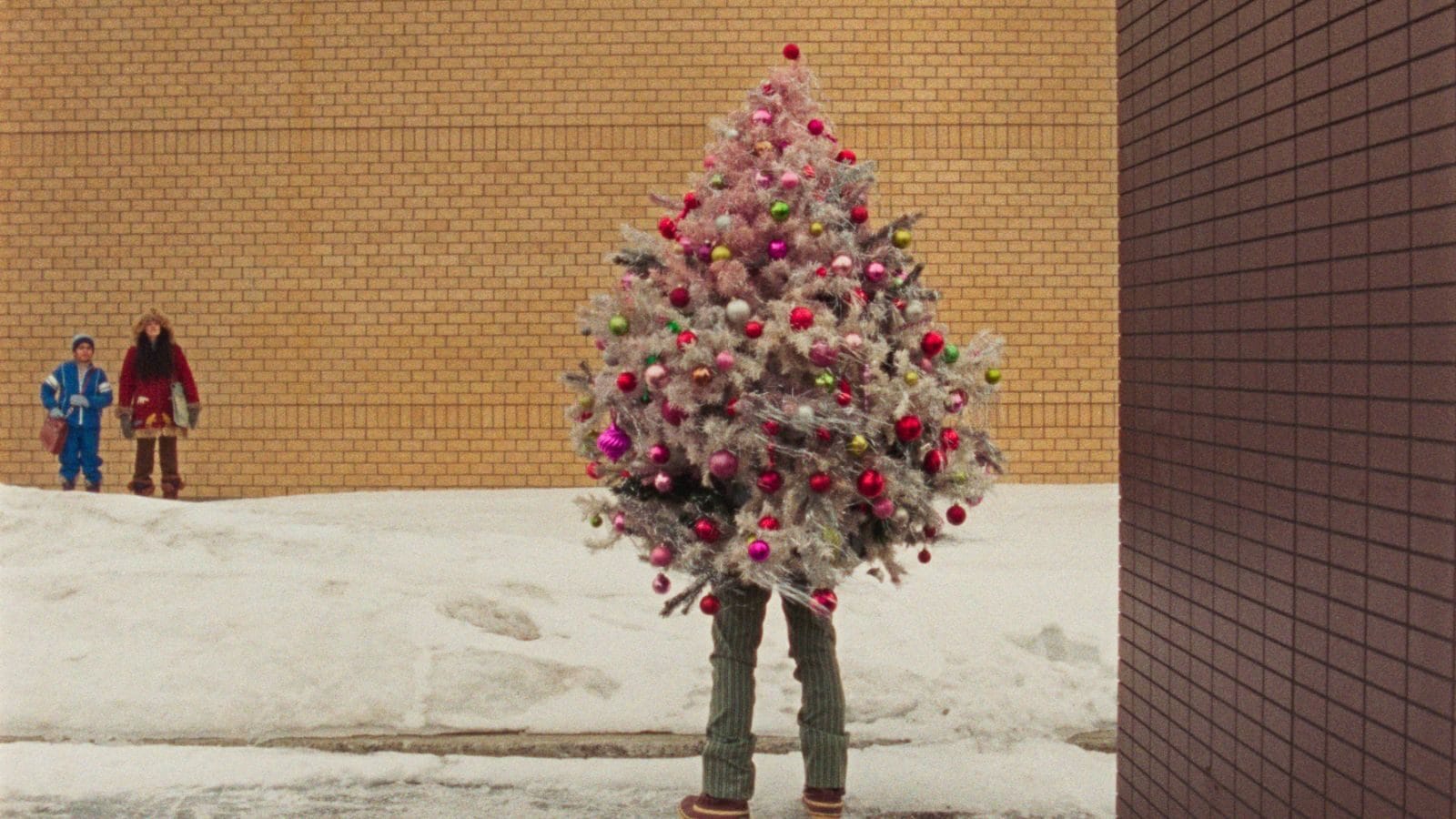
Universal Language (Matthew Rankin)
In another great year for Canadian cinema, Matthew Rankin’s open-hearted fable marked the undeniable high point, reimagining wintry Winnipeg as an Abbas Kiarostami wonderland, and Canada as a nation where Persian and French are the two official languages, and loneliness is the common currency. So deadpan that some people thought it was supposed to be a drama, it is in fact one of the warmest and funniest films ever produced in this country … and its embrace at festivals around the world has been downright life-affirming. If you wait to watch this on a plane, I will find out about it and I will yell at you.
THE REST OF THE BEST
And because there are always more than ten great films in a year, here are some more you might want to catch. What the hell, it's my list.
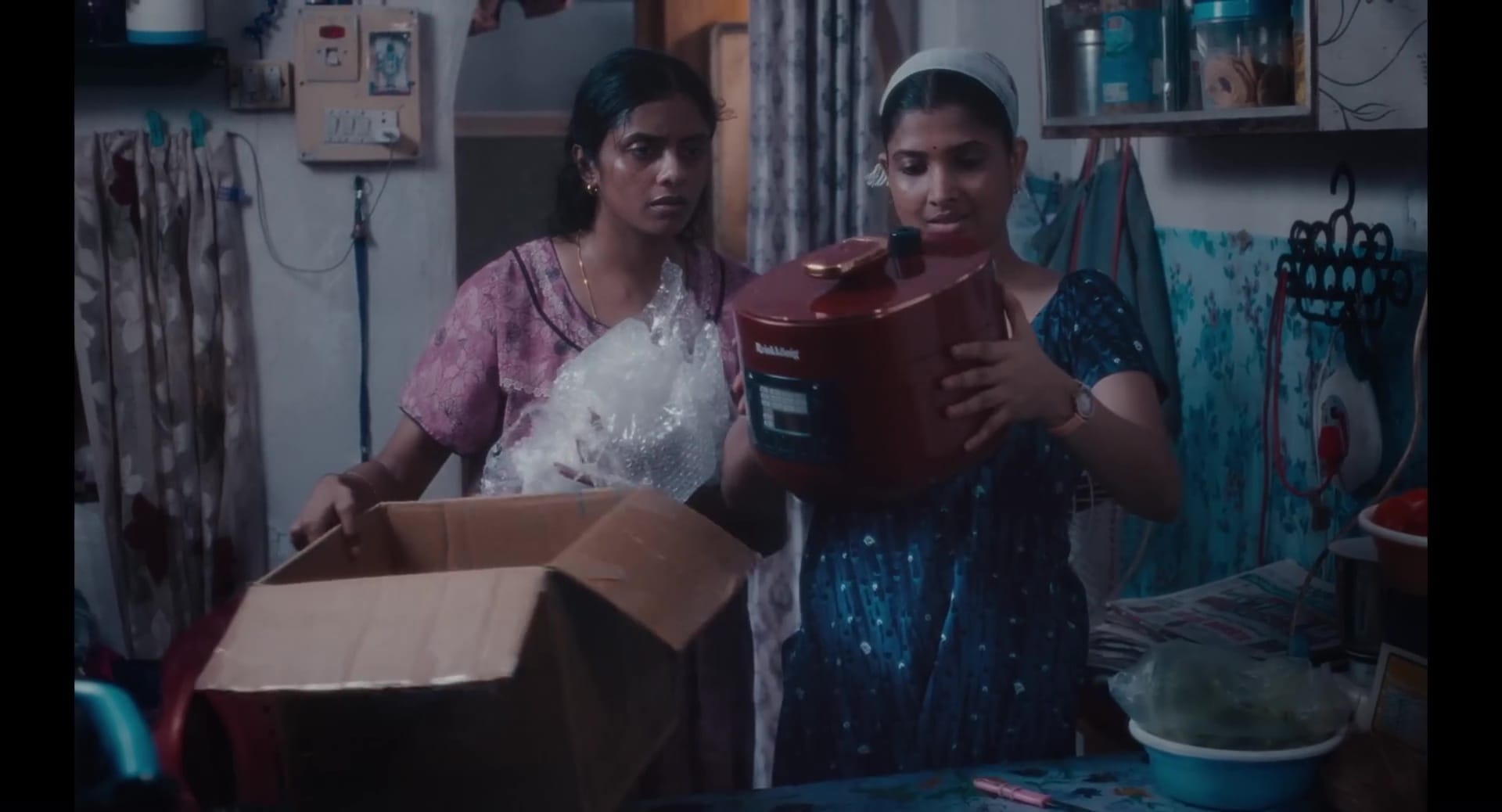
Payal Kapadia’s All We Imagine as Light, a story of women helping women in modern India that also works as a tenderly constructed character study; Sean Baker’s Anora, which features a star-making performance from Mikey Madison and a plot that almost makes you believe it’s not going to end the same way all of Baker’s other films have; Edward Berger’s Conclave, which is either a scathing look at the Vatican’s eagerness to paper over centuries of indifference and cruelty or a bone-dry comedy about a bunch of powerful jerks vying for a promotion; Mati Diop’s Dahomey, a slender documentary that contains a dense and thoughtful debate about culture, appropriation, history and morality; Aaron Schimberg’s A Different Man, the other, better drama where Sebastian Stan disappears into prosthetics; The Fall Guy, David Leitch's love letter to both film crews and Ryan Gosling's vulnerability.
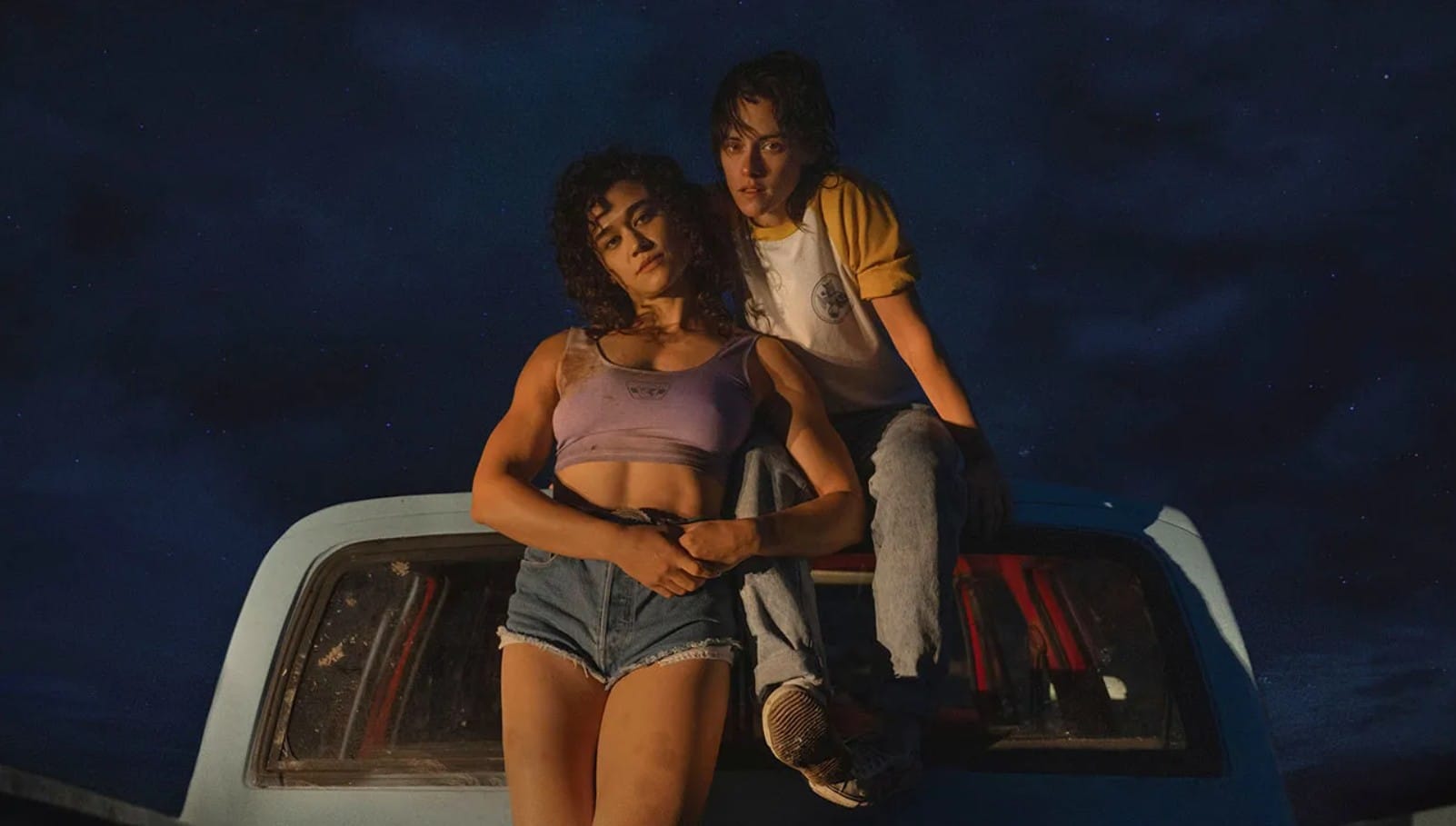
Need more? How about Rose Glass’ Love Lies Bleeding, a roided-up queer spin on Blood Simple powered by knockout performances from Kristen Stewart and Katy O’Brian; Mohammad Rasoulof’s The Seed of the Sacred Fig, an achingly moral drama about an Iranian lawyer coming to suspect the system he represents might be built on a lot of blood-soaked sand; Sophie Deraspe’s Shepherds, in which Félix-Antoine Duval plays a Montreal copywriter who reinvents himself as a sheep herder in the French Alps; Chris Sanders' The Wild Robot, which explores deep questions about kindness, empathy and sacrifice while disguised as an easily digestible family adventure; Anna Kendrick’s Woman of the Hour, an unerringly sharp illustration of a certain Margaret Atwood maxim, and José Avelino Gilles Corbett Lourenço’s Young Werther, a ridiculously charming update of Goethe’s novella about wealthy idiots chasing each other around to avoid talking about anything real. That one’s opening in Toronto next week. Trust me, you’ll love it.
Happy New Year, one and all. See you in the new year, where Elevation's Conclave and Warner's 4K edition of Seven are waiting to challenge our moral stances.
